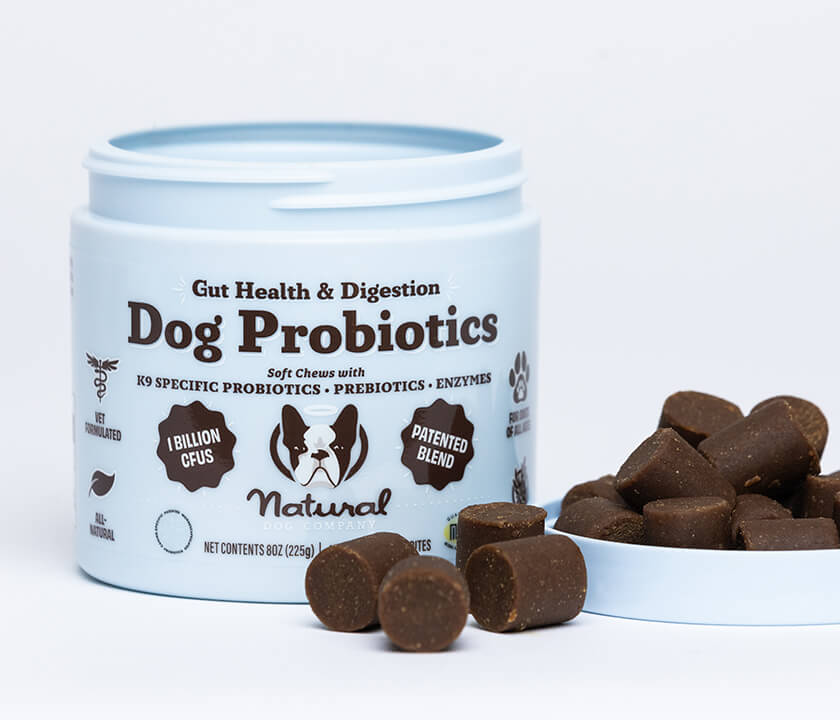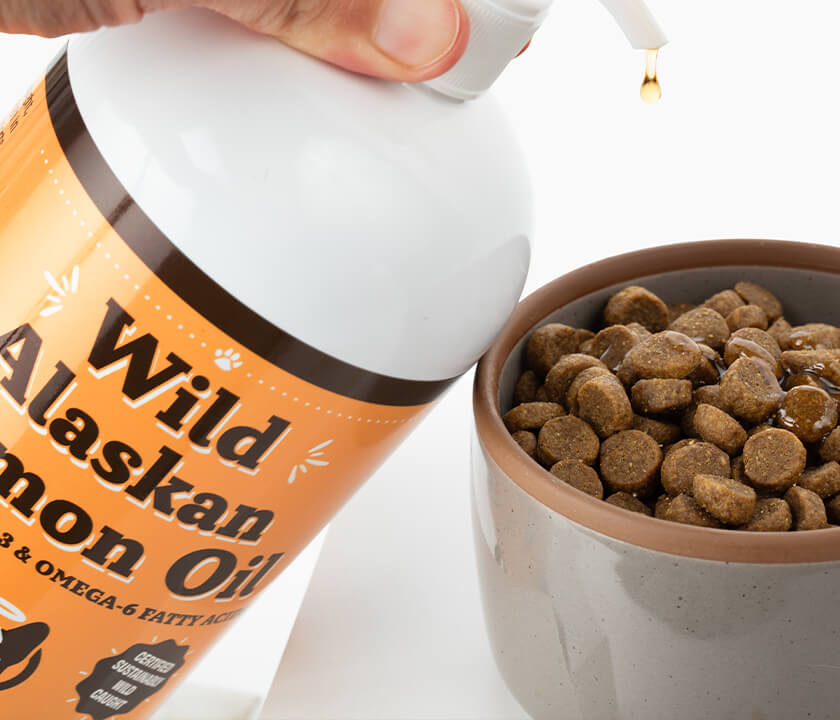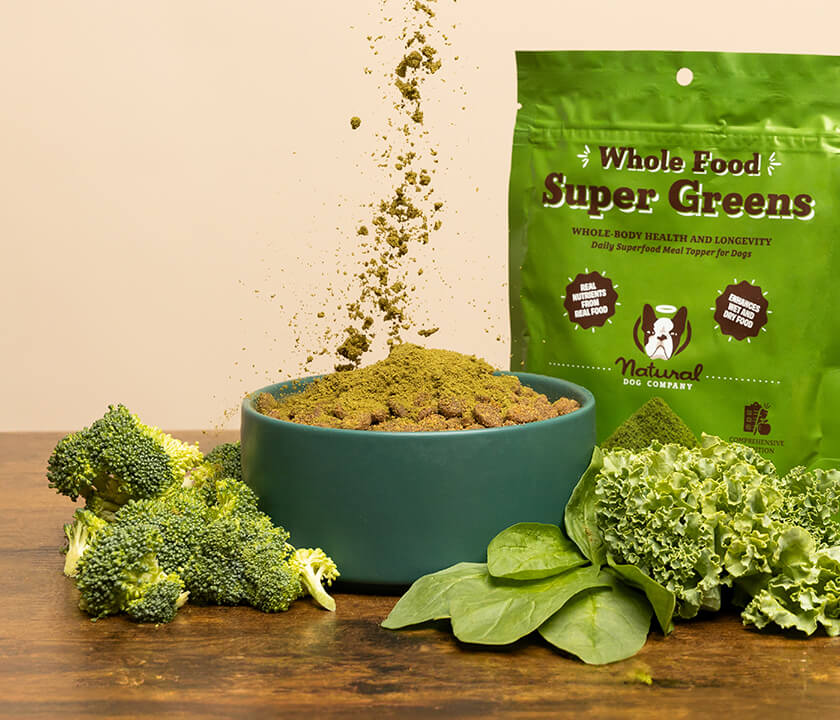Is your dog’s skin itchy, irritated, red or inflamed? Yeast infections in dogs are rather common, especially for wrinkly pups. The Malassezia species of yeast is the responsible culprit. This type of yeast is normally found on the skin and ears of your dog, but when yeast populations bloom out of control it leads to irritation, infection and yeast dermatitis. So, while yeast is harmless in small quantities, overproduction of yeast causes irritation and inflammation of the skin. It’s not always clear why yeast overproduces but suppressed or imbalanced immune systems are often to blame.
Other common causes or contributing factors for yeast infections in dogs include:
- Living in a hot or humid environment, conditions that help spur the overproduction of yeast.
- Immunosuppressive drugs
- Allergies to fleas
- Exposure to contact allergens, including food, chemicals in the air, etc.

- Prolonged usage of steroids or antibiotics
- Hormonal imbalances related to disorders such as hypothyroidism or Cushing’s Disease
- External parasites
Yeast Infections in Dogs with Skin Folds
Dogs with wrinkles and skin folds (hello all you adorable brachycephalic breeds!) are more likely to develop yeast infections. These skin folds provide the perfect environment for yeast to develop, especially if folds are not regularly cleaned and wiped dry.
Are Yeast Infections Contagious Amongst Dogs?
Simply put, no. Your dog cannot spread his infection to another dog and he didn’t develop it due to exposure to his four-legged friend next door. Instead, canine yeast infections of the skin are caused by an underlying allergy or skin condition.
When One Thing Leads to Another
Reoccurring bacterial skin infections put your dog at an increased risk for developing a yeast infection. The production of yeast can lead to increased oil production, causing dogs to itch and bite at the area, thus creating secondary sores that give yeast an even better shot at survival. So, while yeast infections in dogs are not contagious, they are sure to get worse without treatment.
How to Naturally Treat Yeast Infections in Dogs
There are two excellent all-natural solutions for treating yeast infections in dogs, one of which is made specifically for wrinkly pups—in fact, bullys all over the Internet are swooning over it!
Wrinkle Balm
Dogs with wrinkles are more likely to develop yeast infections. That’s because those adorable wrinkles are dark, moist, and likely under-cleaned; creating the ideal environment for bacteria and yeast to flourish. Wrinkle Balm gets to the root of the issue, because it is packed with all natural ingredients that contain anti-fungal properties proven capable of eradicating yeast. Plus, added vitamins and antioxidants improve skin fold condition and reduces risk for future infections.
Try Wrinkle Balm, risk-free! If you’re not 100% satisfied, we offer a money-back guarantee.
Skin Soother
Skin Soother is a natural antibiotic topical treatment that can be used to treat and soothe a variety of skin conditions, including yeast dermatosis. It’s filled with herbs that contain antibacterial, anti-inflammatory and anti-fungal properties. Skin Soother is the pawesome solution to yeast infections of the ears, tummies and other skin surfaces.
Dog Breeds More Likely to Develop Yeast Infections
It’s believed that Certain dog breeds are more genetically prone to the development of yeast infections, including:
- Australian terrier
- Maltese terrier
- West Highland white terrier
- Silky terrier
- Lhasa apso
- Dachshund
- Shetland sheepdog
- Poodle
- Chihuahua
- Cocker spaniel
- Basset hound













